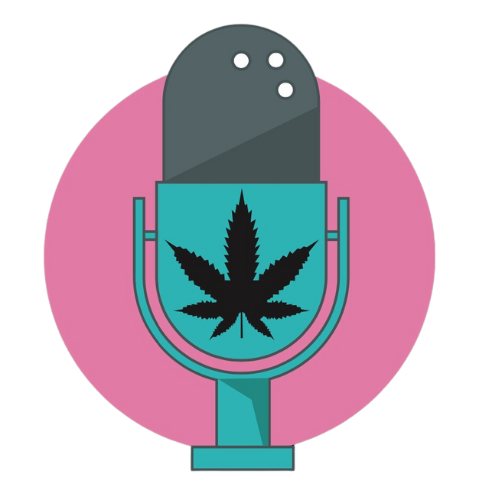Beauty Begins with Sleep
Staying youthful is an endeavor for the ages, but it doesn’t need to be. That’s because attributes associated with youth are tied to sleep. If you sleep well, you’ll feel and look better—no matter your age.
Just pause and think about it. A newborn doesn’t sleep through the night and neither do you. How do you look and feel after a few days? You can’t sleep, worrying about balancing the demands of work and your kid being left out of playdates. As your child moves from one phase to the next, the stress of parenting doesn’t decrease (think mean girls, bullies and the college application process) but we adapt. It starts to feel normal but shouldn’t.
The fact is, we’re so preoccupied with the everyday, that we don’t take time for ourselves. One day you’ll wake up and your kids are off to college. Don’t wait that long to take care of you.
No one can force you to make time for sleep. But before you think five hours a night suffices, really think about what happens when we don’t get enough sleep. For starters, there’s a reason why “beauty sleep” is a thing. Consider:
Your skin. When you sleep, skin makes new collagen, which prevents wrinkles and sagging, says Patricia Wexler, a renowned New York City-based dermatologist. Science has shown that more collagen equals plumper skin that’s less likely to wrinkle. Sleep deprivation also causes a decline in blood flow to the skin surrounding your face, which means you can say good-bye to any likelihood of a rosy complexion.
Your hair. Michael J. Breus, a sleep specialist known as the Sleep Doctor, says that lack of sleep also affects your hair. When the follicles—where your hair grows—doesn’t get enough oxygen, they are unable to adequately absorb nutrients for healthy, shiny hair.
Your memory. The lack of sleep impacts memory and while that may not directly impact how you look, it certainly affects the way you feel: frustration when you have no recollection of a memory or can’t hold on to information.
According the Harvard School of Medicine, “sleep helps learning and memory in two distinct ways. First, a sleep-deprived person cannot focus attention optimally and therefore cannot learn efficiently. Second, sleep itself has a role in the consolidation of memory, which is essential for learning new information.” Studies also support the theory that lack of sleep can increase the risk of dementia.
What you can do. It’s simple, though easier said than done. Make sleep a priority. Commit to a bedtime routine that you follow each night. Turn off electronic devices at least 30 minutes before lights out. Ensure your bed is comfortable, your bedroom is cool.
If you typically have trouble falling asleep, try natural remedies, such as melatonin or even a cup of herbal tea, such as chamomile.
CBD, the nontoxicating compound in hemp and cannabis can also help with sleep. It’s tough to know which products deliver on the promise of sleep but those with a Certification of Analysis (COA) provide information on its contents and tend to be more reliable.
A honey that bees infuse with hemp CBD has become increasingly popular for sleep, anxiety and pain. Unlike anything on the market, this product—Red Belly Honey— is naturally water soluble, making it easy to blend with beverages. It’s also bioavailable, which means it’s faster acting than CBD oil. Another plus: It’s glyphosate (pesticide) residue-free and has been endorsed by Food & Wine as the “worth the hype.”
Whether you decide to put your health first now or next month, remember that a well-rested mom is typically the happiest and most fulfilled mom.
